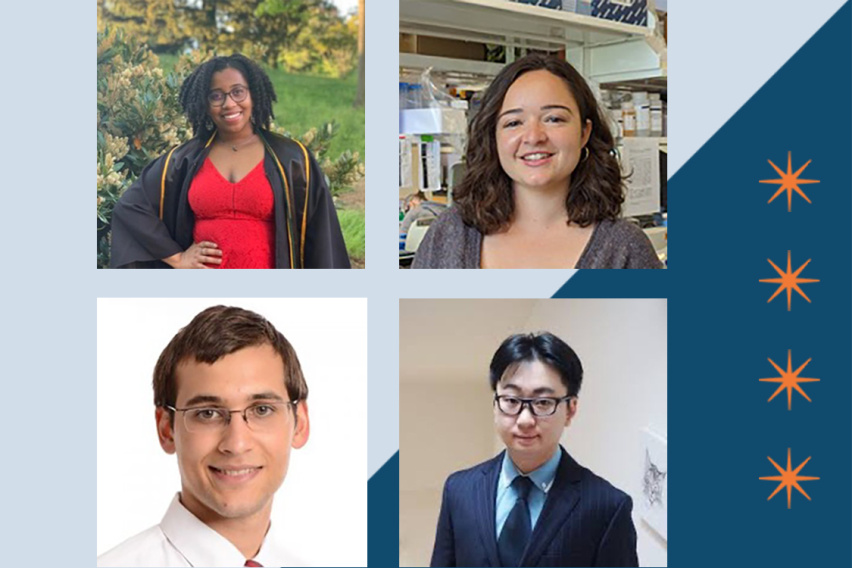Genes and Development
April 8, 2021
Paradoxically, variation in the number of chromosomes each cell carries impedes the ability of normal cells to grow and proliferate—but not for cancer cells. By combining bench experiments with bioinformatic algorithms developed in the Barbara K. Ostrom 1978 Bioinformatics and Computing facility, Amon Lab researchers demonstrate how an extra copy of chromosome 8 in Ewing’s sarcoma helps rather than hinders cell survival and growth. In the study published in Genes and Development, researchers found that the EWS-FLI1 fusion oncogene, which drives 85% of Ewing’s sarcomas, results in replication stress and increased DNA damage. An extra copy of chromosome 8 alleviated the cellular stress caused by the oncogene by adding additional copies of RAD21, a gene implicated in DNA damage repair. The team’s findings offer new insight into the mechanisms behind tumorigenesis.
